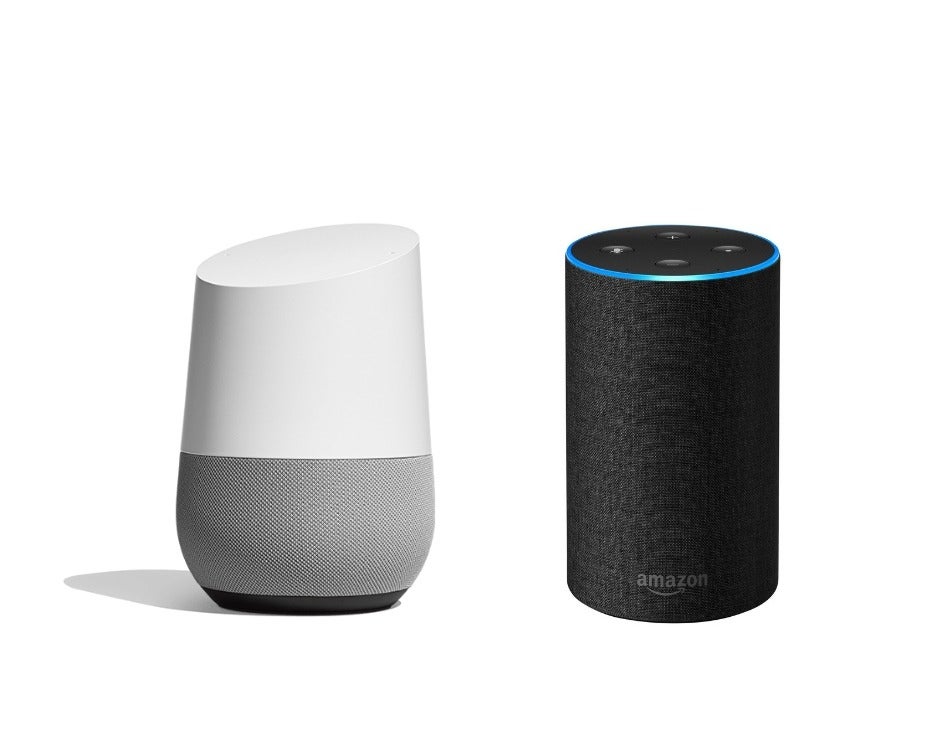
Smart speakers can be programmed to assist surgeons in making better decisions suited to a patient’s specific needs researchers said during the Society of Interventional Radiology’s annual scientific meeting in Texas.
Smart speakers like Amazon Echo or Google Home are typically used for listening to music or a decorative show piece for a room, however, since the discovery, researchers have enhanced the technology by developing a new tool.
The device-sizing application for the Google Home smart speaker processes questions from a human voice and provides recommendations on the precise sizing of medical devices.
Dr Kevin Seals, a fellow in interventional radiology at the University of California, San Francisco (UCSF) and lead author of the study, said: “During treatment, interventional radiologists rely on nuanced medical information delivered in a timely manner.
“When you’re in the middle of a procedure, you need to remain sterile, so you lose the ability to use a computer.
“This smart speaker technology helps us to quickly and intelligently make decisions relevant to a patient’s specific needs.”
How the device-sizing application for smart speakers was developed
To develop the application, the researchers collected size specifications using literature reviews for 475 interventional radiology devices such as catheters, sheaths, stents and vascular plugs.
Using Dialogflow, a Google-owned developer of human-to-computer interaction technologies, natural language can be processed to extract the information of interest for the questions asked by physicians.
Mr Seals said: “There are hundreds of devices, with more being introduced every day, making it difficult to determine the correct sizing or materials needed in every circumstance.
“This technology allows physicians to concentrate more closely on the care of their patients, devoting less time and mental energy to device technicalities.”
Smart speakers can now make recommendations to physicians to know what correct size sheath to use in a blood vessel implant procedure based on the specific circumstances, which helps the physician in making an accurate final decision.
Having this information readily available is expected to make treatments more efficient, cost-effective and beneficial to patients.



